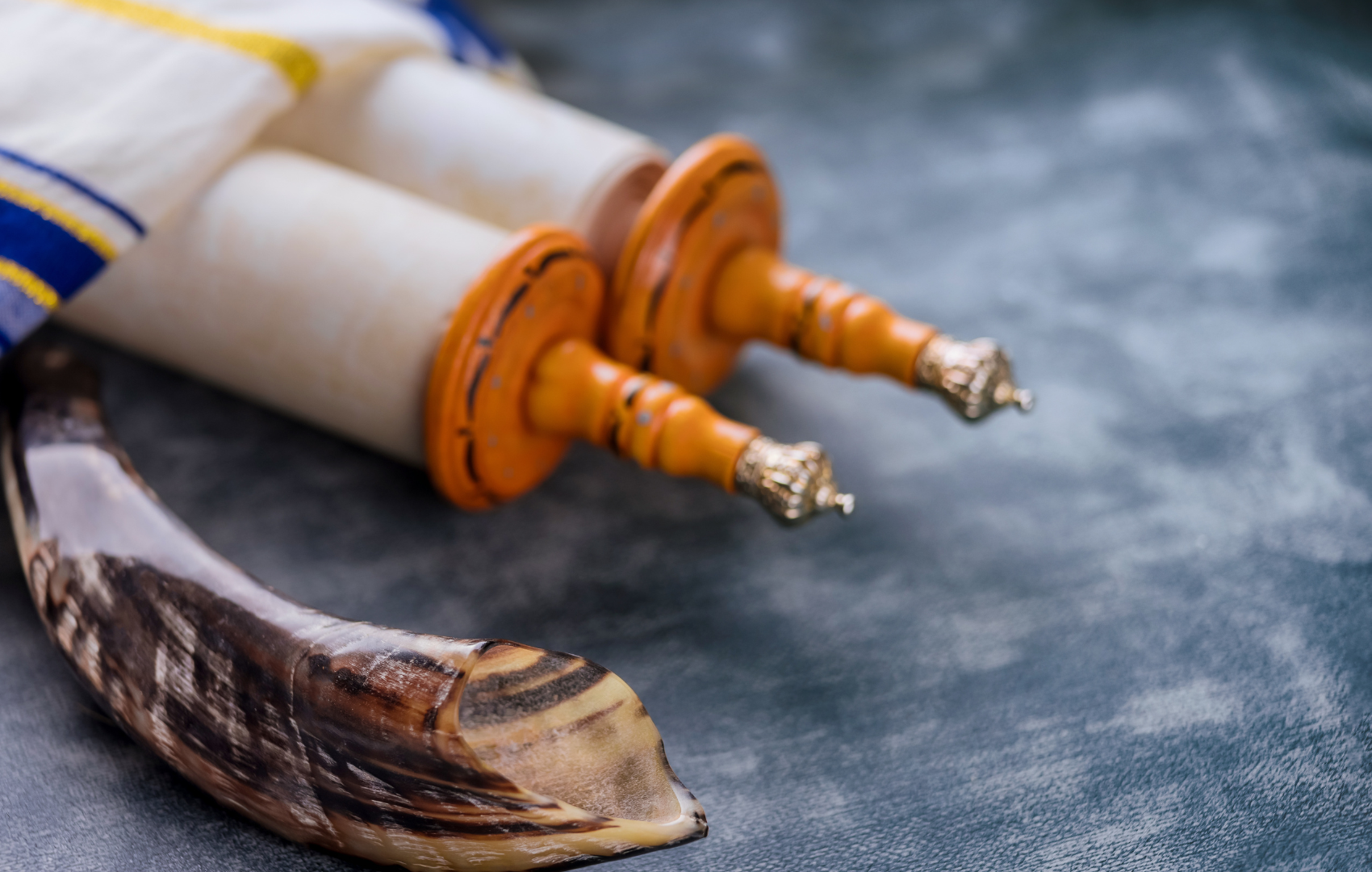Jewish Veg stands on firm ground when we state that the Torah points strongly toward not using animals – for food. The intersection between veganism as a diet and Judaism as a religion is clearly expressed in the Tanakh and in our rabbinic tradition.
But when it comes to Jewish ritual objects, we have to concede, Judaism is not a perfectly vegan religion.
We know this is frustrating to many Jewish vegans, but the reality is, some of our most common and central ritual objects are made with animal products.
The most obvious are Torah scrolls, which are made from an animal skin. Same with mezuzah scrolls. Tefillin are made from leather, tallit from wool.
Sigh.
It’s important to note that the Torah itself does not require the use of animal products to make any of these items. These are ancient customs.
Back in the day, and we’re talking way back, the written word was commonly conveyed on animal skins, not paper. Paper as a medium of communication did not enter the picture until about 2,000 years ago, or about 1,000 years after the emergence of the Torah.
Leather and wool, for their part, were widely used in the ancient world.
So when we say these are ancient customs, we’re not exaggerating.
But what might have started as a practical matter thousands of years ago eventually became laws. The use of animal products for these purposes falls into the category of Halacha L’Moshe MiSinai, laws believed to have been conveyed by God to Moses at Mt. Sinai, albeit orally.
Using a ram’s horn for a shofar is in a somewhat different category. The ram’s horn harkens back to the ram that was slaughtered in place of Isaac in the Akedah story, found in the Torah in Genesis 22.
When it comes to tefillin, we can suggest a mitigation, if not a solution: If you need to acquire a set of tefillin, try to find a used set, rather than a new one. Admittedly, it’s not a perfect solution, but it’s the best we can do within the framework of Jewish law.
In the long run, we find some comfort in knowing that Judaism is a constantly evolving religion. We implore rabbis, especially those who exert influence or authority in matters of law, to consider the fact that the Torah mandate of tza’ar baalei chayim (the prevention of animal suffering) is violated in the production of animal skins, leather and wool.
It just doesn’t make sense for our most sacred text to be written on material that came from a violation of the Torah itself.
In our lifetimes, may we see vegan, kosher versions of all of these ritual objects.
